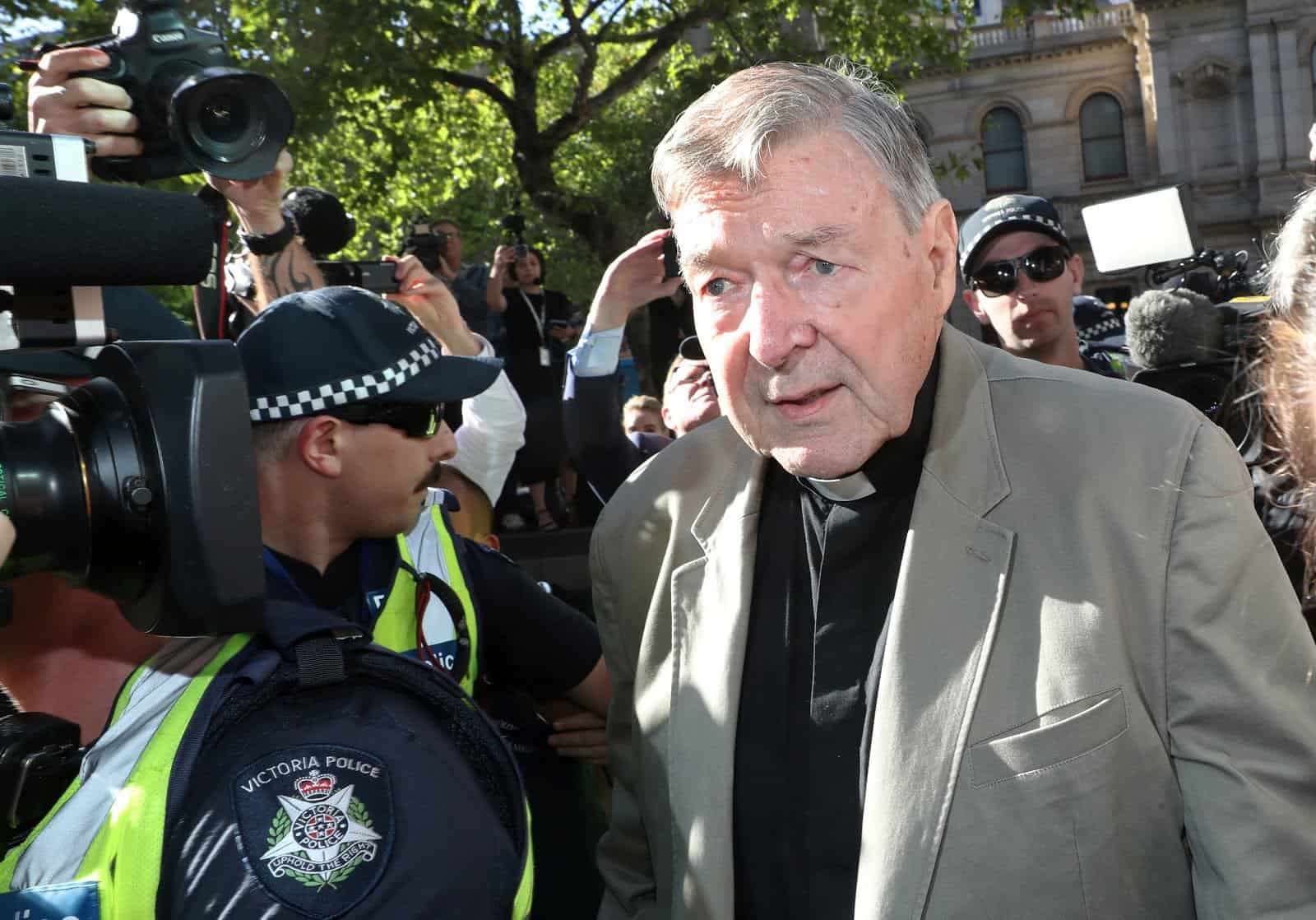Last week, an Australian judge finally allowed the media to report that back in December, a jury had found Cardinal George Pell, the former archbishop of Sydney and until recently the head of the Vatican’s Secretariat for the Economy, guilty of historical sex abuse. From what journalists are reporting about the trial, however, the evidence doesn’t show that the accusations were likely to have occurred.
Instead, the jury in Pell’s trial may have actually mirrored how the historical Church hierarchy dealt with sex abuse: they allowed the circumstances of their time to affect their decision. As such, it’s important to distinguish between 1) what the historical bishops and this jury did and 2) what their intentions were. In being able to make this distinction, we can examine actions without vilifying groups of people.
The historical hierarchy essentially responded to sex abuse the same way that many families today still do: not reporting it to the police. (This is why for years now all adult employees and volunteers of Catholic institutions are trained to flag minors who may be sexually abused at home.) Until 1976, by which time all states had mandatory reporting laws in place, sexual abuse of minors wasn’t something Americans publicly discussed, nor was there much focus on it in psychological research. Nobody really knew the extent to which this type of abuse had occurred in homes, schools, and other institutions. The American bishops responded given the cultural contexts they were in: they too didn’t publicly talk about it and believed that if they didn’t talk about it, the problem would go away. (Read the full findings regarding historical clerical sex abuse of minors in the United States here.)
Australia, like the United States, is reeling from the continued unearthing of historical sex abuse: Catholics and non-Catholics alike are angry at what had occurred and want justice. Just like the American bishops historically, the jury in Pell’s trial acted in the context of their time. They desired to seek justice for victims of sex abuse, but this trial turned into a symbol rather than a fulfillment of that desire when they convicted Pell. Both the American bishops and the jury were capable of choosing a different course of action, but they didn’t.
Were American bishops intentionally institution-focused rather than victim-focused in their historic handling of sex abuse? Were the jury, judge, and prosecution intentionally aiming to make an example out of Pell? In a culture where our first (and often only) defense is to attack another’s character, let’s not implicate ourselves too in making a bad decision in line with our cultural context when we discuss Pell’s trial.
We have an opportunity now to pray for the decision-makers in the appeals process the Cardinal has opted to pursue as we continue praying for all the victims of abuse. Letting ourselves get caught up in why they convicted Pell doesn’t change the fact that the evidence just isn’t there. What it does instead is cause us in our pursuit of justice, like the jury, to spawn a travesty.


